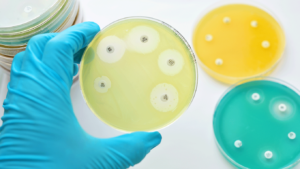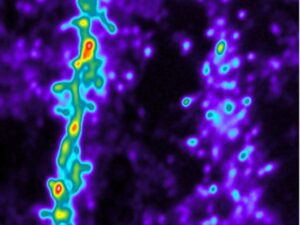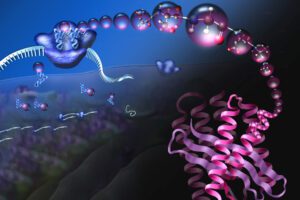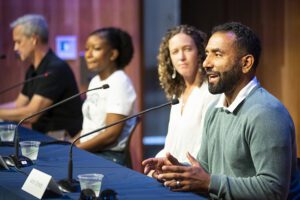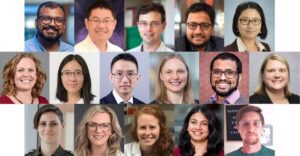
Shekhar Wins Funding in Final Year of Scialog: Microbiome, Neurobiology and Disease
July 27, 2023
Eight cross-disciplinary teams with novel ideas to probe the relationship between the gut microbiome and the brain will receive awards totaling $1 million in the final year of Scialog: Microbiome, Neurobiology and Disease), an initiative sponsored by Research Corporation for Science Advancement, The Paul G. Allen Frontiers Group and the Frederick Gardner Cottrell Foundation, with support from the Walder Foundation. The…
